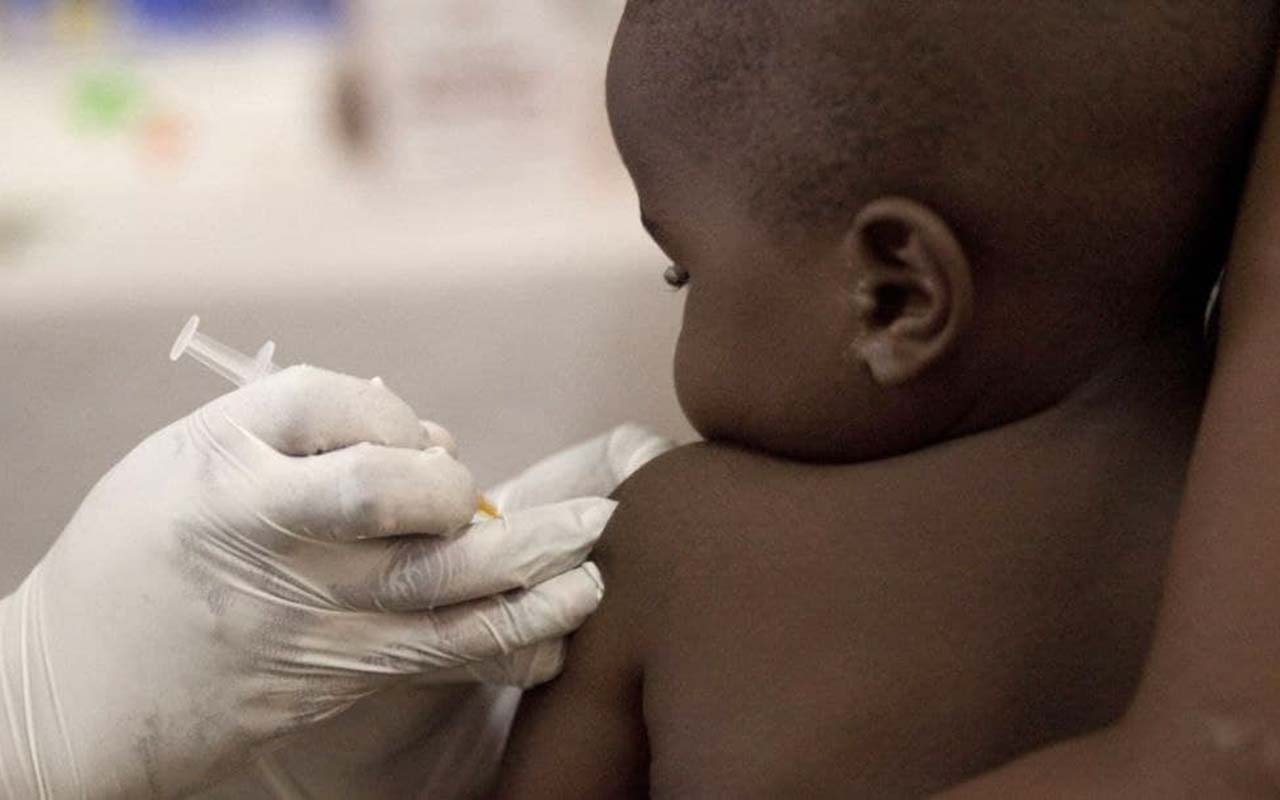Подпишитесь на «Журнал «Financoff»

The vaccine is only 30% effective, but scientists are confident that the drug can prevent the death of hundreds of thousands of children in Africa.
The World Health Organization on Wednesday, October 6, approved the world’s first malaria vaccine. WHO Director General Tedros Adhanom Ghebreyesus called this decision “a historic moment.”
“I started my career as a malaria researcher and dreamed of the day when we would have an effective vaccine against this ancient and terrible disease. And today is that day, a historic day. Today WHO recommends widespread use of the world’s first malaria vaccine,” said Gebreyesus during a briefing in Geneva.
Four years of trials have shown the drug prevents 39% of malaria cases and 29% of severe infections among young children in Africa. And a study in August by the London School of Hygiene and Tropical Medicine (LSHTM) found that the vaccine, along with antimalarial drugs, reduced hospitalizations or deaths by 70%.
“Using this vaccine, in addition to existing malaria prophylaxis, could save tens of thousands of young lives every year,” said the head of WHO.
The vaccine, known as Mosquirix (RTS, S), was developed by GlaxoSmithKline in 1987, writes The Associated Press. Since 2019, more than 800,000 children in Ghana, Kenya and Malawi have been vaccinated with the drug during research.
Mosquirix vaccine has a number of disadvantages, in particular, its effectiveness is only about 30%, it provides for the introduction of four doses, and the protection disappears after a few months. Vaccinated people may also have rare side effects, such as fever, which, in some cases, causes temporary seizures.
Despite this, scientists are convinced that the drug could have a serious impact on malaria in Africa, where more than 200 million cases and 400,000 deaths are recorded annually.
“This is an imperfect vaccine, but it will still prevent the death of hundreds of thousands of children,” said Julian Reiner, director of the Cambridge Institute of Medical Research. “This is a huge step forward.”
“For people who do not live in countries where malaria is prevalent, the 30% reduction may not seem so significant. But for people who live in these areas, malaria is one of the main problems, said the head of the infectious diseases department at Imperial College London Azra Gane – A 30% cut will save many lives.”